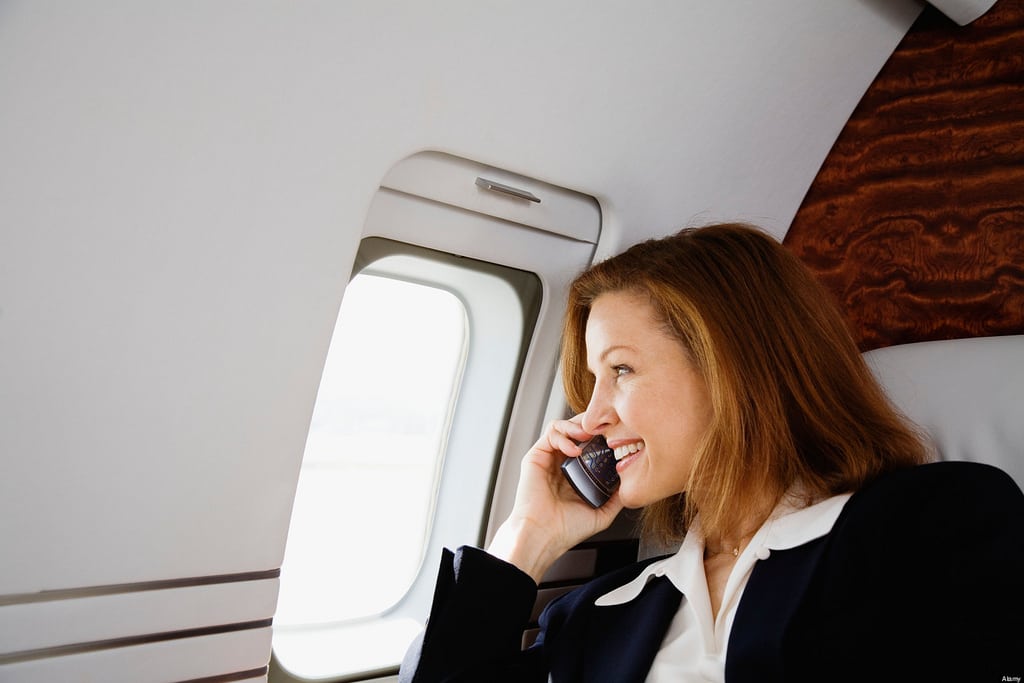The International Airlines That Already Offer In-Flight Phone Calls and Texting

Skift Take
The controversy about in-flight voice calls on U.S. airlines may be overstated. Foreign airlines have been allowing it for years, and there hasn't been a huge problem. Most passengers prefer texting and email anyway.
While Federal Communications Commission chairman Tom Wheeler felt some heat and backtracked on his consideration of in-flight voice calls, at least 19 airlines in Europe, Asia, the Middle East and Latin America routinely permit passengers to gab on their mobile phones, and there haven't been any reports of onboard riots or mutinies.
Actually, there isn't a lot of "gabbing" going on because unless there is a special promotion, the rates for such calls are largely contingent on individual passengers' international calling plans, and the phone calls are usually fairly brief. International roaming rates tend to be in the $3 to $4 per minute range, and are billed to the passenger by their network operator.
In fact, Ian Dawkins, the CEO of OnAir, which has provided in-flight GSM and Wi-Fi to airlines since 2007 and 2010, respectively, says the average in-flight voice call is less than two minutes, and commonly takes place before takeoff or after landing

